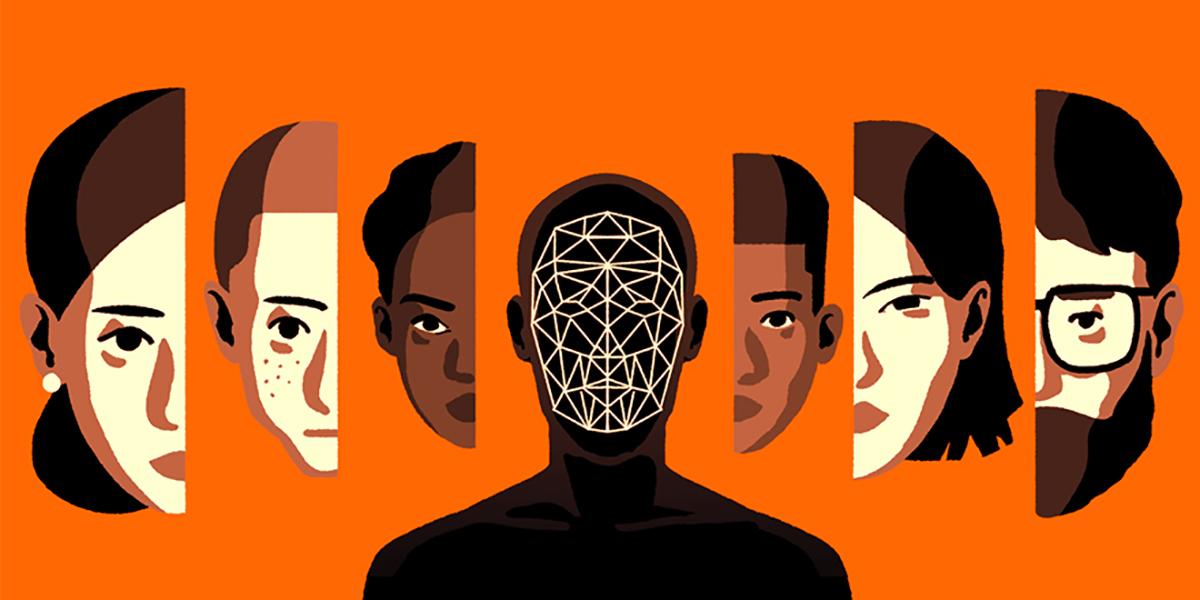
Dear Commons Community,
The problem of bias in artificial intelligence is facing increasing scrutiny from regulators and is a growing business for new tech companies.
This month, Liz O’Sullivan was named chief executive of a new company, Parity, one of a dozen or more start-ups offering tools and services designed to identify and remove bias from A.I. systems. As reported by The New York Times.
Soon, businesses may need that help. In April, the Federal Trade Commission warned against the sale of A.I. systems that were racially biased or could prevent individuals from receiving employment, housing, insurance or other benefits. A week later, the European Union unveiled draft regulations that could punish companies for offering such technology.
It is unclear how regulators might police bias. This past week, the National Institute of Standards and Technology, a government research lab whose work often informs policy, released a proposal detailing how businesses can fight bias in A.I., including changes in the way technology is conceived and built.
Many in the tech industry believe businesses must start preparing for a crackdown. “Some sort of legislation or regulation is inevitable,” said Christian Troncoso, the senior director of legal policy for the Software Alliance, a trade group that represents some of the biggest and oldest software companies. “Every time there is one of these terrible stories about A.I., it chips away at public trust and faith.”
Over the past several years, studies have shown that facial recognition services, health care systems and even talking digital assistants can be biased against women, people of color and other marginalized groups. Amid a growing chorus of complaints over the issue, some local regulators have already taken action.
In late 2019, state regulators in New York opened an investigation of UnitedHealth Group after a study found that an algorithm used by a hospital prioritized care for white patients over Black patients, even when the white patients were healthier. Last year, the state investigated the Apple Card credit service after claims it was discriminating against women. Regulators ruled that Goldman Sachs, which operated the card, did not discriminate, while the status of the UnitedHealth investigation is unclear.
A spokesman for UnitedHealth, Tyler Mason, said the company’s algorithm had been misused by one of its partners and was not racially biased. Apple declined to comment.
More than $100 million has been invested over the past six months in companies exploring ethical issues involving artificial intelligence, after $186 million last year, according to PitchBook, a research firm that tracks financial activity.
But efforts to address the problem reached a tipping point this month when the Software Alliance offered a detailed framework for fighting bias in A.I., including the recognition that some automated technologies require regular oversight from humans. The trade group believes the document can help companies change their behavior and can show regulators and lawmakers how to control the problem.
Though they have been criticized for bias in their own systems, Amazon, IBM, Google and Microsoft also offer tools for fighting it.
This is an important issue as more A.I. applications are developed. It will be a difficult problem to solve.
Tony


